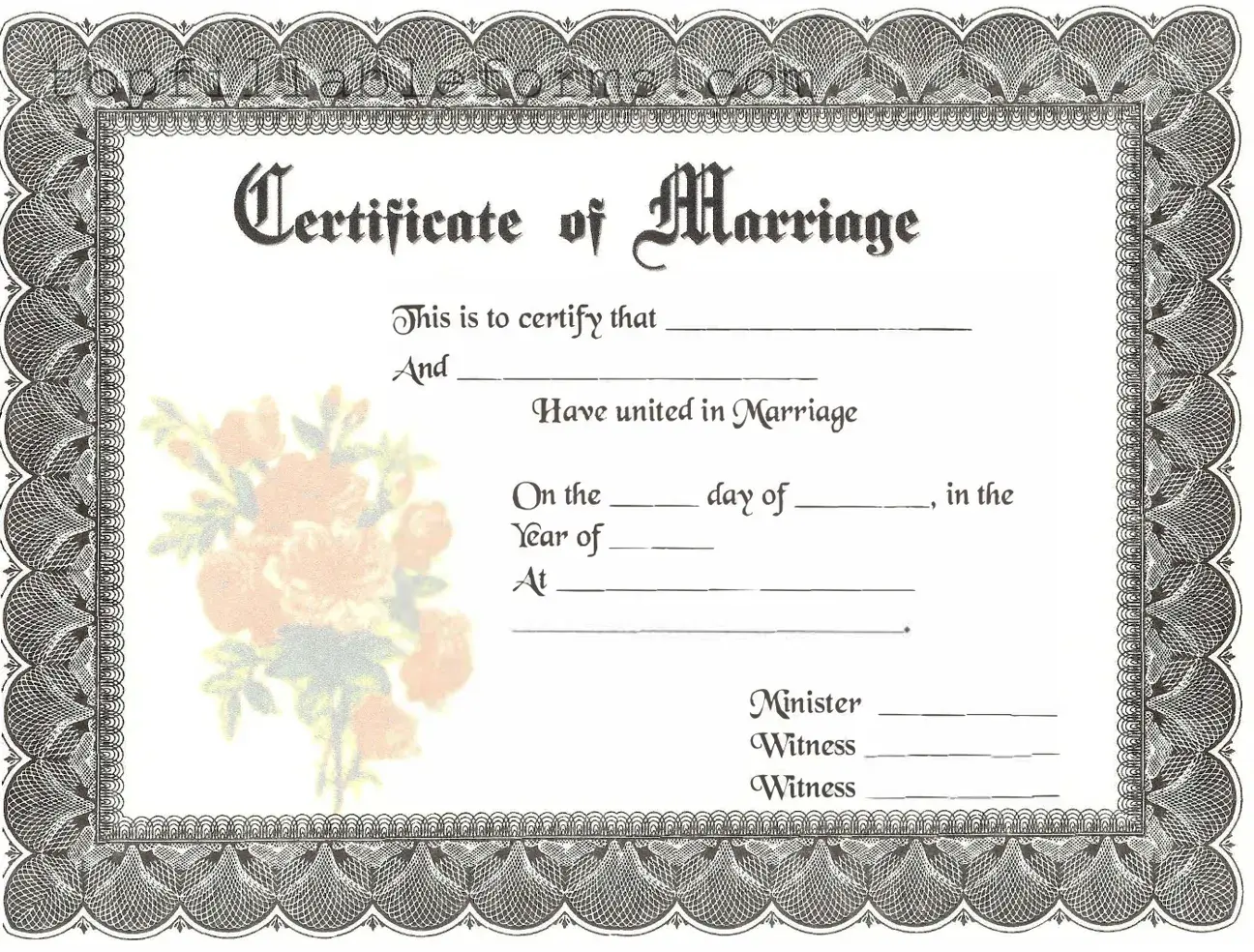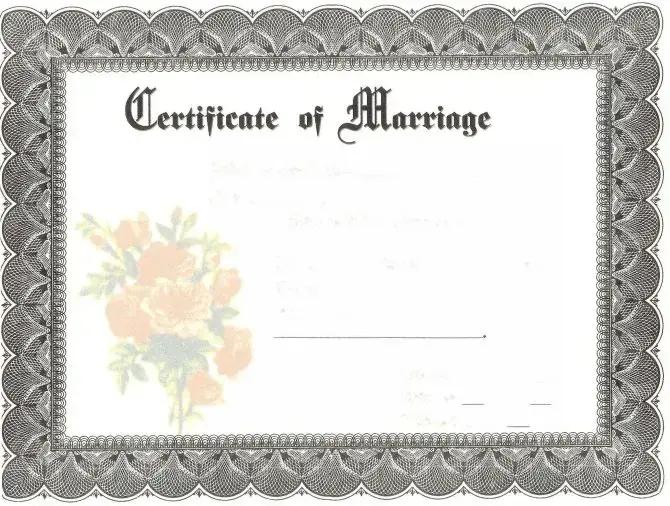Printable Marriage Certificate Form in PDF
A Marriage Certificate form is an official document that records the marriage between two individuals. This form is essential for legal recognition of the marriage and may be required for various purposes, such as changing names or applying for spousal benefits. Understanding how to complete this form correctly can help ensure a smooth marriage registration process.
Open Marriage Certificate Editor Here

Printable Marriage Certificate Form in PDF
Open Marriage Certificate Editor Here
Finish the form now and be done
Finish your Marriage Certificate online by editing, saving, and downloading fast.
Open Marriage Certificate Editor Here
or
▼ PDF File

